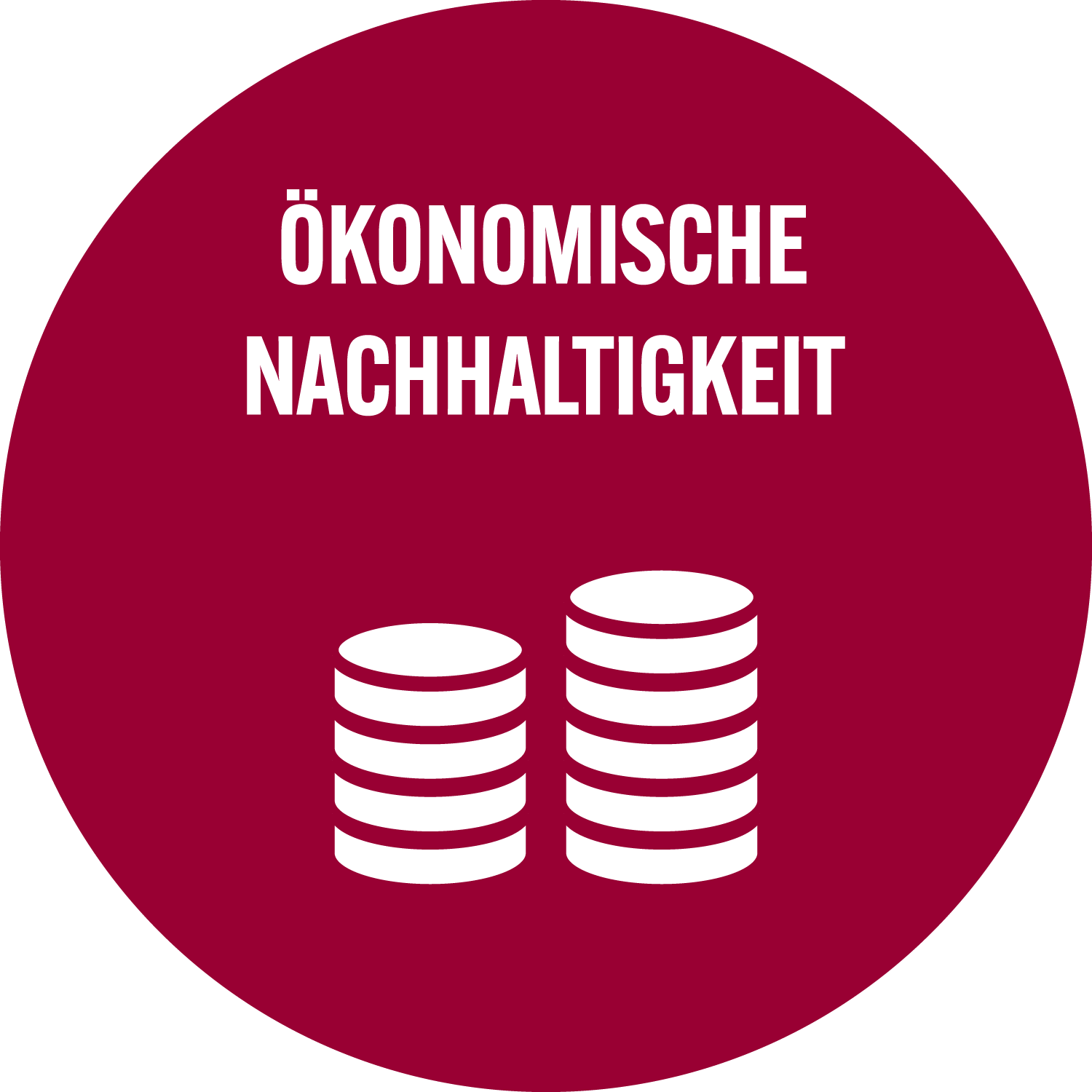|
Can social comparisons and moral appeals increase public transport ridership and decrease car use?
Gessner, Johannes
;
Habla, Wolfgang
;
Wagner, Ulrich J.
|
URN:
|
urn:nbn:de:bsz:180-madoc-643121
|
|
Dokumenttyp:
|
Arbeitspapier
|
|
Erscheinungsjahr:
|
2023
|
|
Titel einer Zeitschrift oder einer Reihe:
|
ZEW Discussion Papers
|
|
Band/Volume:
|
23-003
|
|
Ort der Veröffentlichung:
|
Mannheim
|
|
Sprache der Veröffentlichung:
|
Englisch
|
|
Einrichtung:
|
Fakultät für Rechtswissenschaft und Volkswirtschaftslehre > Sonstige - Fakultät für Rechtswissenschaft und Volkswirtschaftslehre
Außerfakultäre Einrichtungen > GESS - CDSE (VWL)
Fakultät für Rechtswissenschaft und Volkswirtschaftslehre > Umweltökonomik, Industrieökonomik, Finanzwissenschaft (Wagner 2015-)
Sonstige Einrichtungen > ZEW - Leibniz-Zentrum für Europäische Wirtschaftsforschung
|
|
MADOC-Schriftenreihe:
|
Veröffentlichungen des ZEW (Leibniz-Zentrum für Europäische Wirtschaftsforschung) > ZEW Discussion Papers
|
|
Fachgebiet:
|
330 Wirtschaft
|
|
Fachklassifikation:
|
JEL:
C93 , D04 , D91 , L91,
|
|
Freie Schlagwörter (Englisch):
|
mobility behavior , randomized experiment , nudging , descriptive norm , injunctive norm , social norms , moral appeal , habit formation
|
|
Abstract:
|
In a field experiment with 341 participants, we study whether social comparisons, either in isolation or in combination with a climate-related moral appeal, can change the use of public and car-related transportation. We do so in the context of a mobility budget offered to employees of a large German company as an alternative to a company car. The budget can be used to pay for both leisure and commuting trips, and for various modes of transport. Behavioral interventions in this setting are of particular interest, since companies are constrained to significantly alter financial benefits to employees yet strive to lower carbon emissions via a shift to low-emission transport modes. We find strong evidence for a reduction in car-related mobility in response to the combined treatment, driven by reduced expenditures for taxi and UBER rides. This is accompanied by substitution towards micromobility, but not towards public transport. Furthermore, we do not find any effects of the social comparison alone. Our results demonstrate that norm-based nudges are able to change transportation behavior, at least temporarily.
|
 | Dieser Eintrag ist Teil der Universitätsbibliographie. |
 | Das Dokument wird vom Publikationsserver der Universitätsbibliothek Mannheim bereitgestellt. |
 Suche Autoren in Suche Autoren in
Sie haben einen Fehler gefunden? Teilen Sie uns Ihren Korrekturwunsch bitte hier mit: E-Mail
Actions (login required)
 |
Eintrag anzeigen |
|
|
 ORCID: 0000-0002-4046-2803
ORCID: 0000-0002-4046-2803






 Suche Autoren in
Suche Autoren in